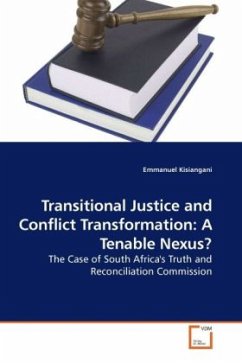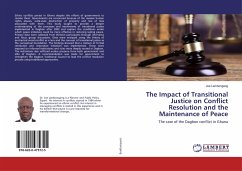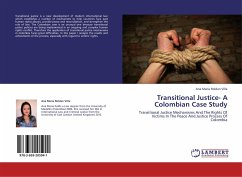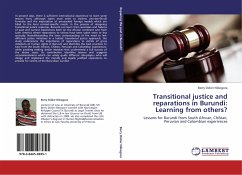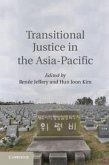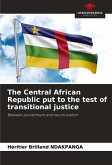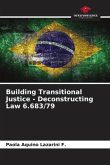The South African Truth and Reconciliation Commission (SA TRC) has been widely hailed as unprecedented and exemplary. It has motivated efforts to establish truth commissions in other parts of the world. Inherent in its normative treatment as a paradigm to be followed, is the assumed correlation between its objectives and those of conflict transformation. The study primarily problematises this linkage, and derivatively, assesses whether or not the SA TRC constitutes a paradigm to be followed by other relevant contexts. The broad conclusion of the study is that the biggest role played by the SA TRC was to engage the society in discourse with its past. The study argues that the exercise of engaging in constructive structural and relational change, however, needed to transcend symbolism and deal with the underlying structures and human relationships at various levels; politically, socially and economically.On the tendency of other countries to treat the SA TRC as the standard practice to be followed, the study argues that it sometimes inappropriately skews the views of many in other distinctively different contexts, in a way that needs to be reconsidered.
Bitte wählen Sie Ihr Anliegen aus.
Rechnungen
Retourenschein anfordern
Bestellstatus
Storno

